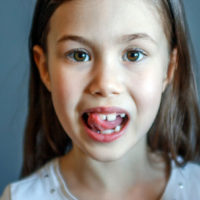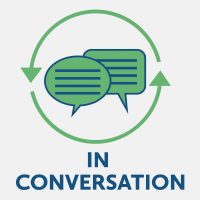Tourette Syndrome
-

Access to evidence-based behavioural interventions needs improving for children affected by Tics
In 2016, Chris Hollis and colleagues compiled a Practitioner Review for the Journal of Child Psychology and Psychiatry evaluating the most effective and well-supported interventions for children and young people affected by Tourette syndrome and chronic tic disorder. Here, they discuss the key findings from their systematic review, and highlight that children and young people affected by tics require improved access to evidence-based behavioural interventions.
Read more -

Sensory-action binding: a new facet of Gilles de la Tourette Syndrome?
Gilles de la Tourette syndrome (GTS) is a neuropsychiatric disorder characterised by a persistent motor or vocal tic present for >1 year.
Read more -

Can physical exercise improve tics and associated mental health difficulties in Tourette syndrome? The jury is out
Physical exercise is increasingly being recommended as part of management for children and young people with mental health problems. There is a growing evidence base that shows physical exercise is associated with improvements in functioning for conditions such as attention deficit hyperactivity disorder (ADHD), although studies are small, they are signifcant.
Read more -

Challenging perspectives on Gilles de la Tourette Syndrome – evidence for a disorder of purposeful actions
Gilles de la Tourette Syndrome (GTS) is a multi-faceted neuropsychiatric developmental disorder with onset in childhood or adolescence. It is characterised by multiple motor and vocal tics that can cause considerable problems including social stigmatisation, low self-esteem and secondary comorbidity, particularly depression.
Read more -

In Conversation… Tourettes Syndrome
In this podcast, Dr Seonaid Anderson and Helen Eadie, of Tourettes Action, define Tourettes Syndrome and expand on its impact.
Read more -

How well children read is largely down to their genes
Children who are avid readers are typically good readers, and children who seldom read a book voluntarily often have dyslexia. Is their reading ability the consequence of how much they practised?
Read more -

Tourette Syndrome
Tourette Syndrome (TS) is a neurological condition that is estimated to effect over 300,000 children and adults in the UK; and one school child in every hundred.
Read more